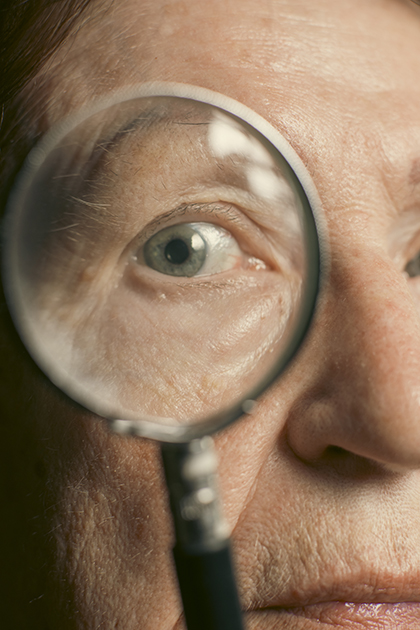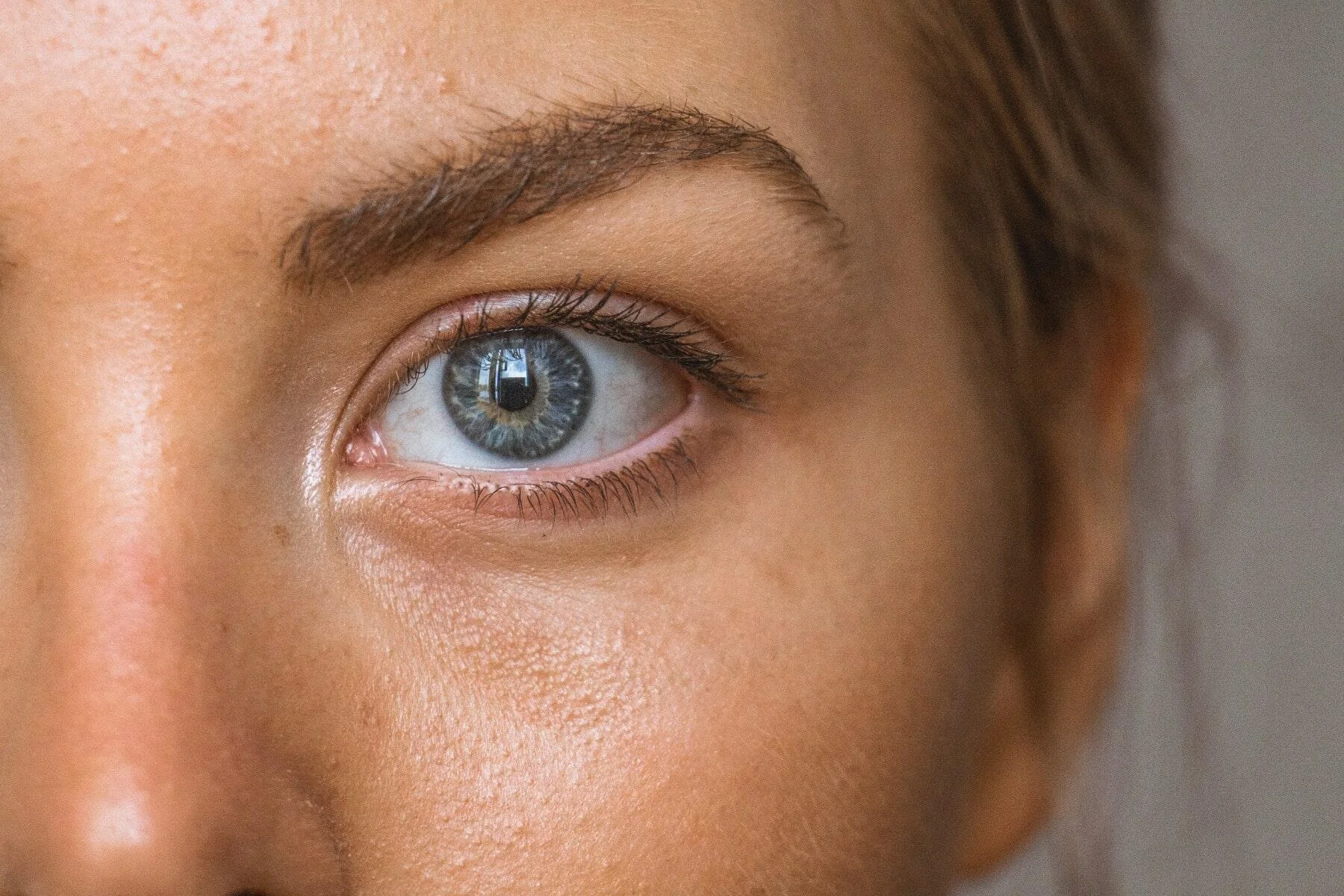

Eye disorders are vision problems caused by a disruption in the eye’s focusing ability. The most common types of eye disorders include myopia (nearsightedness), hyperopia (farsightedness), astigmatism (distorted and blurred vision), and presbyopia (age-related difficulty in seeing up close). With proper treatment, clear and healthy vision is achievable.
Overview of Treatment
Can be seen in all age groups.
Corrected with glasses, contact lenses, or laser treatment.
Myopia, hyperopia, astigmatism, and presbyopia are the most common types.
Glasses and contact lenses are the most basic corrective methods.
Laser eye surgeries can provide a permanent solution.
The appropriate treatment method is determined based on eye structure and age.
Regular eye exams are essential to maintain visual health.
How Are Eye Disorders Treated?
The choice of treatment is determined based on the individual's eye structure, age, and lifestyle. The goal is to provide clear and comfortable vision.
